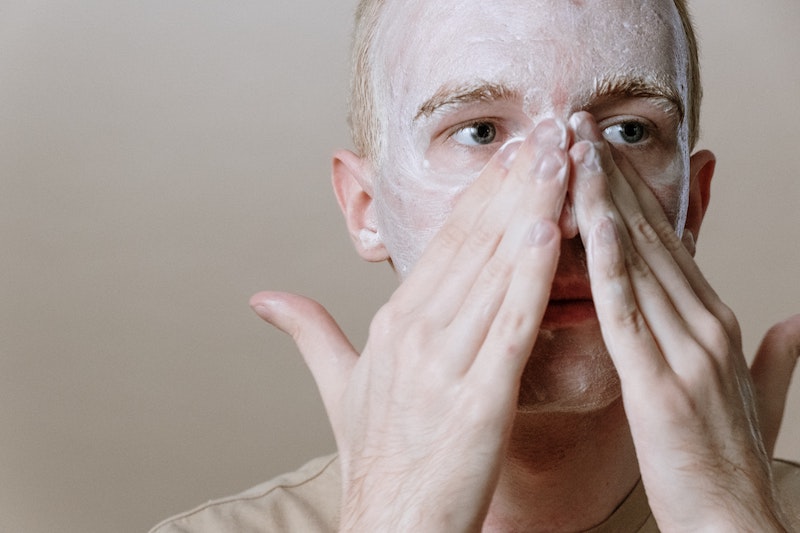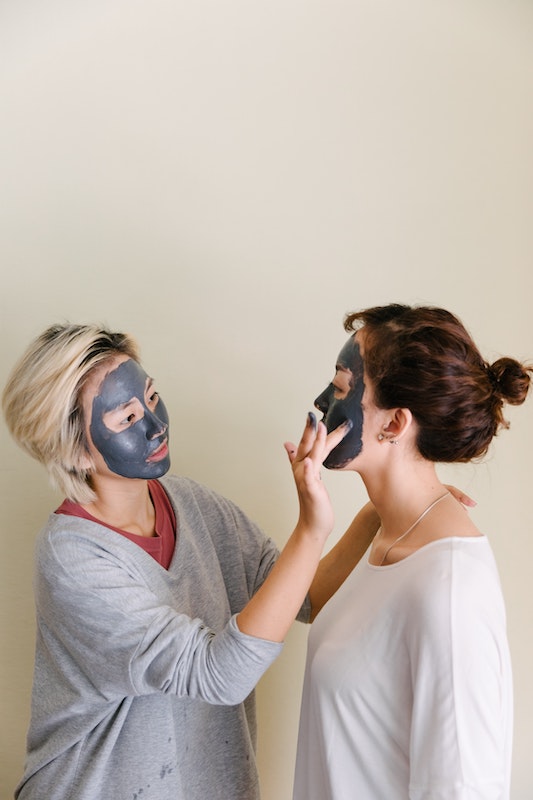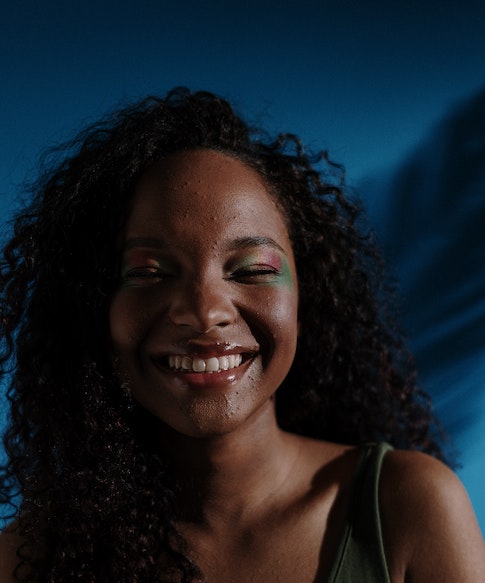Understanding Acne: What It Is and How to Treat It
Acne is a skin condition that causes spots and oily skin. It is most commonly seen in teenagers because it is linked to the hormonal changes that happen during puberty—hence its common (and rather dismissive) alternative name of ‘teenage spots’. It can, however, occur at more or less any stage in life.
The main cause of acne is changes in sebum levels. These can cause pores to block, and also have an effect on the bacteria living on your skin. This, in turn, causes inflammation. Acne treatments, therefore, tend to work on one or more of these areas: to unclog pores and clean the skin, to kill bacteria and/or to reduce inflammation.

Different types of spots
The NHS website states that there are six main types of spots associated with acne. As well as the blackheads and whiteheads that we all know and love—small black or whitish lumps without any reddening of the skin—you may also get:
- Papules, or little red bumps that feel sore or tender;
- Pustules, which are slightly bigger red bumps with a white centre;
- Nodules, which are hard lumps under the skin; and
- Cysts, which are the biggest type of spot caused by acne, and are big pus-filled lumps that look a bit like boils. These are the spots that are most likely to cause scarring.
People with acne almost always get spots on their faces. They may also have spots on their backs and on their chests.
Living with acne
People with acne are generally advised to avoid washing their skin more than once or twice a day, to avoid irritating it. You should use a mild soap or cleanser, and warm water, because hot and cold water can irritate the skin. Opt for water-based makeup if you can and always take it off at the end of each day. Using fragrance-free bath and shower products may also avoid irritating your acne.
You should never try to squeeze spots, however tempting. (Yes, we know all about Dr Pimple-Popper, but she’s a doctor, and she knows what she’s doing!) Squeezing spots can drive the infection deeper and risk leaving permanent scars.
Acne treatments
The treatment for acne depends on its severity. Pharmacists are probably the best source of initial advice on acne, especially when it is fairly mild. They can suggest suitable over-the-counter creams or gels to treat spots.
These often contain a product called benzoyl peroxide, which acts as an antiseptic to help reduce the number of bacteria on your skin. It is, therefore, most effective for whiteheads and blackheads. It can, however, irritate your skin, so it is best not to use too much.
If over-the-counter creams don’t control your acne, then you should speak to your GP. They can prescribe stronger creams, including topical retinoids, and topical antibiotics. Again, these can irritate your skin a bit, but sometimes that is worth it for the difference it makes to your spots. However, if the side-effects are too much, go back to your doctor, because it may be better to try an alternative called azelaic acid. Your doctor will also be able to advise on combining treatments, for example, using an anti-inflammatory and an antibacterial product, or may refer you to a dermatologist.
People with very severe acne may be prescribed antibiotic tablets, which are often used along with other treatments. There is also one other treatment that can sometimes help in women and girls: the contraceptive pill. Acne is linked to hormonal changes, so regulating your hormones can sometimes help to reduce the symptoms.

It all takes time
Any treatment for acne takes a while to work. There are no miracle cures that will remove your spots overnight. Courses of treatment generally run for several weeks if not months, and it is worth sticking with a particular treatment for at least a month to see if it works. The contraceptive pill may take up to a year to show the full effects.
If you’re living with acne, ask your GP for help to get it under control. There are plenty of effective treatments available for you to choose from.
Alternatively, book a consultation with one of our experts below.
Medstars Medical Concierge Service
Looking for extra guidance when it comes to your healthcare? Sometimes interpreting medical information and making the best decisions can be daunting and complicated. Our private medical concierge service provides easy access to top UK health experts. We guide our patients with genuine choice and trust, offering a bespoke service for anyone in the world seeking private UK healthcare. Learn more about Medstars Medical Concierge Service. Want to learn more about providing our medical concierge service as an employee benefit? Learn more about Medstars Medical Concierge for Business.


